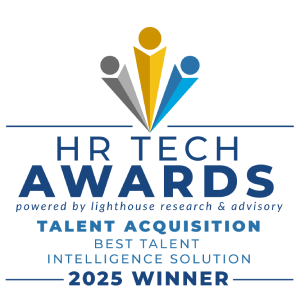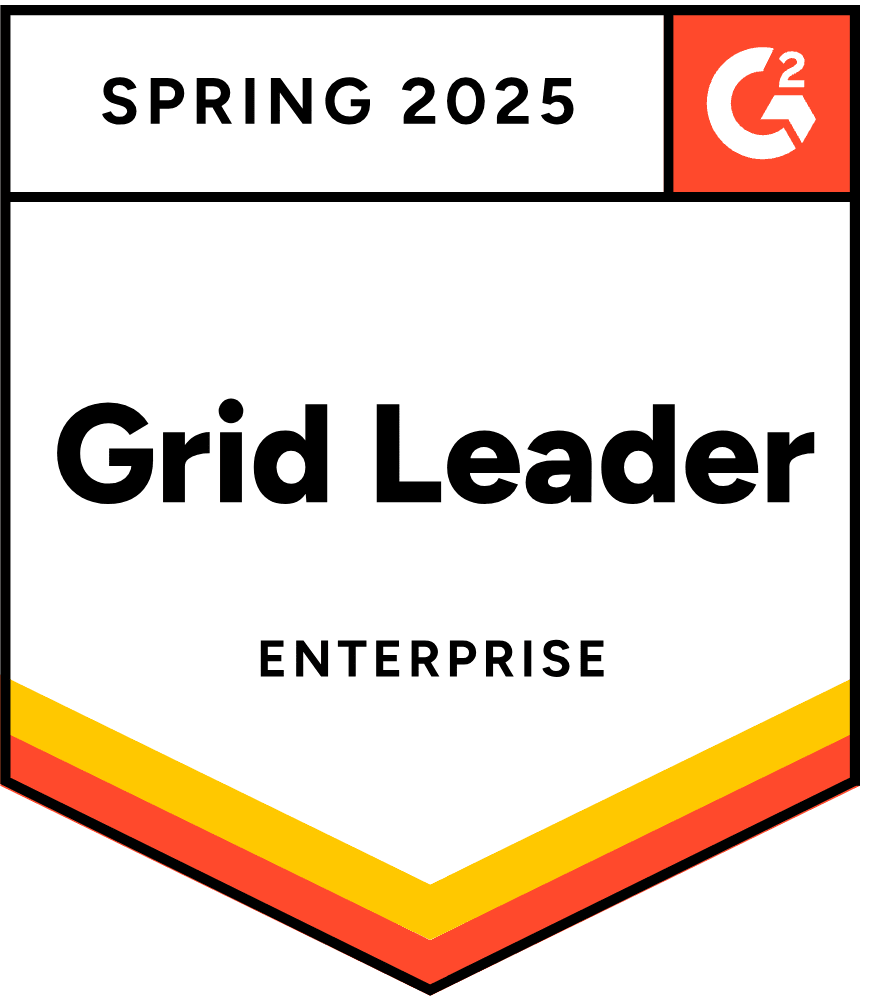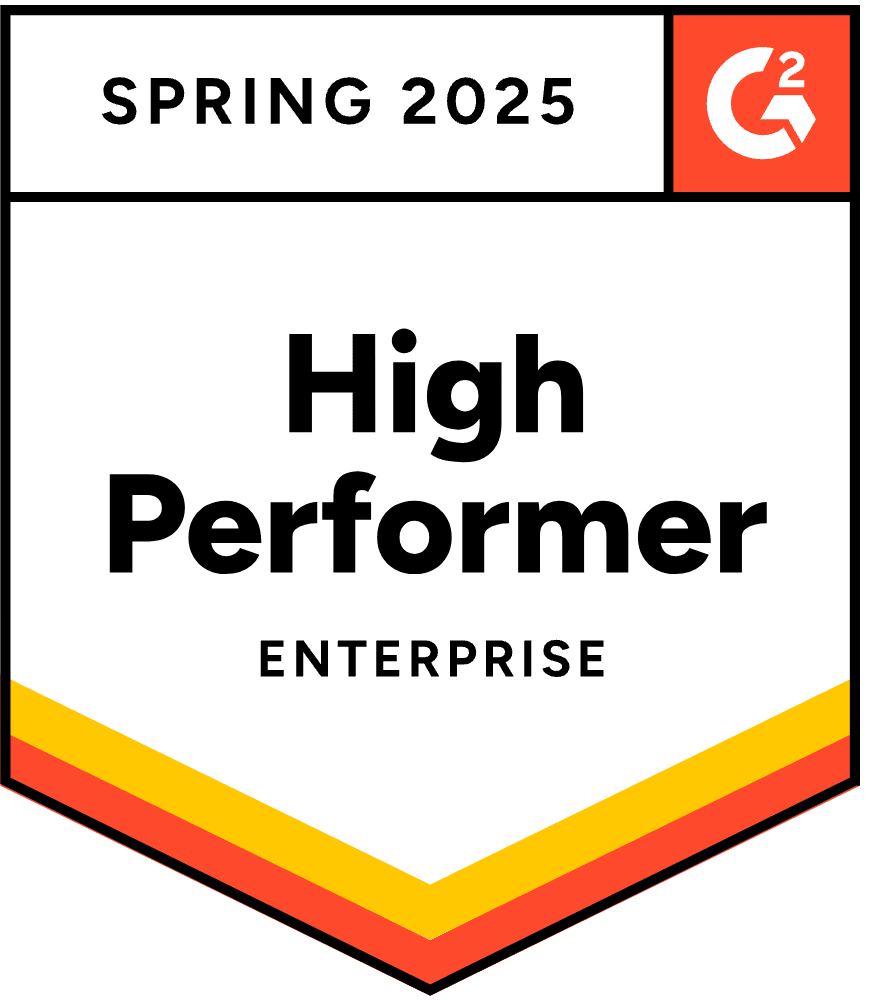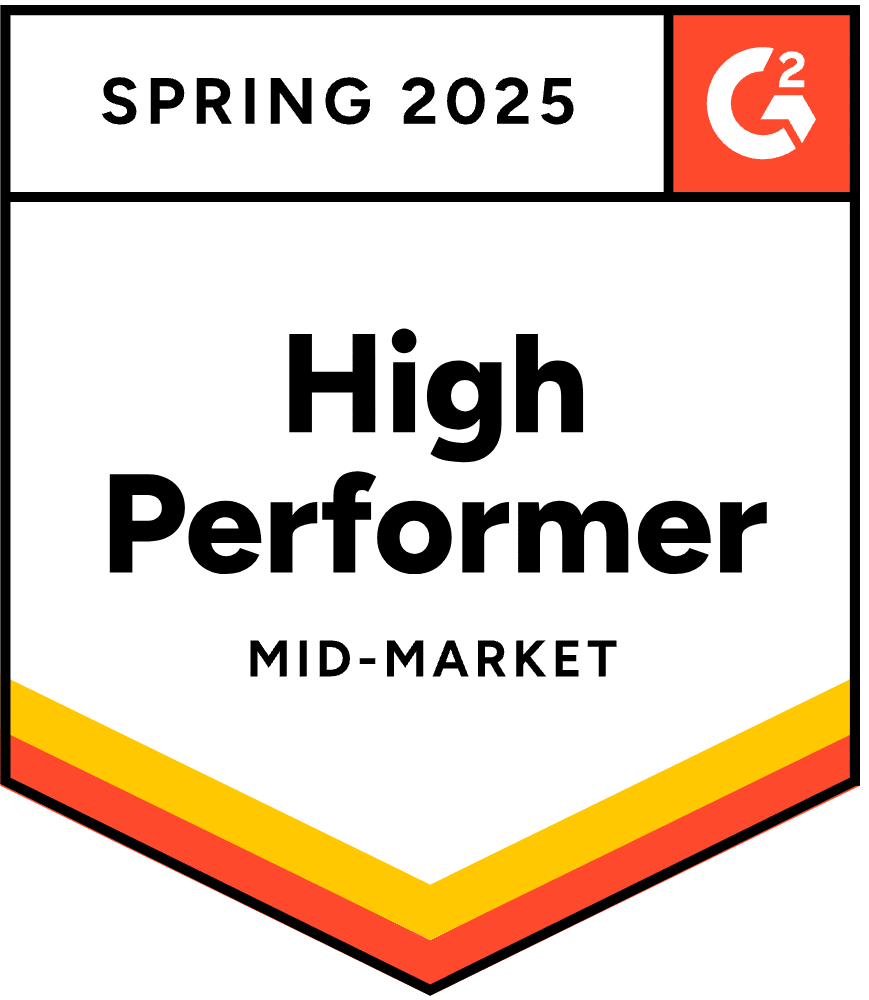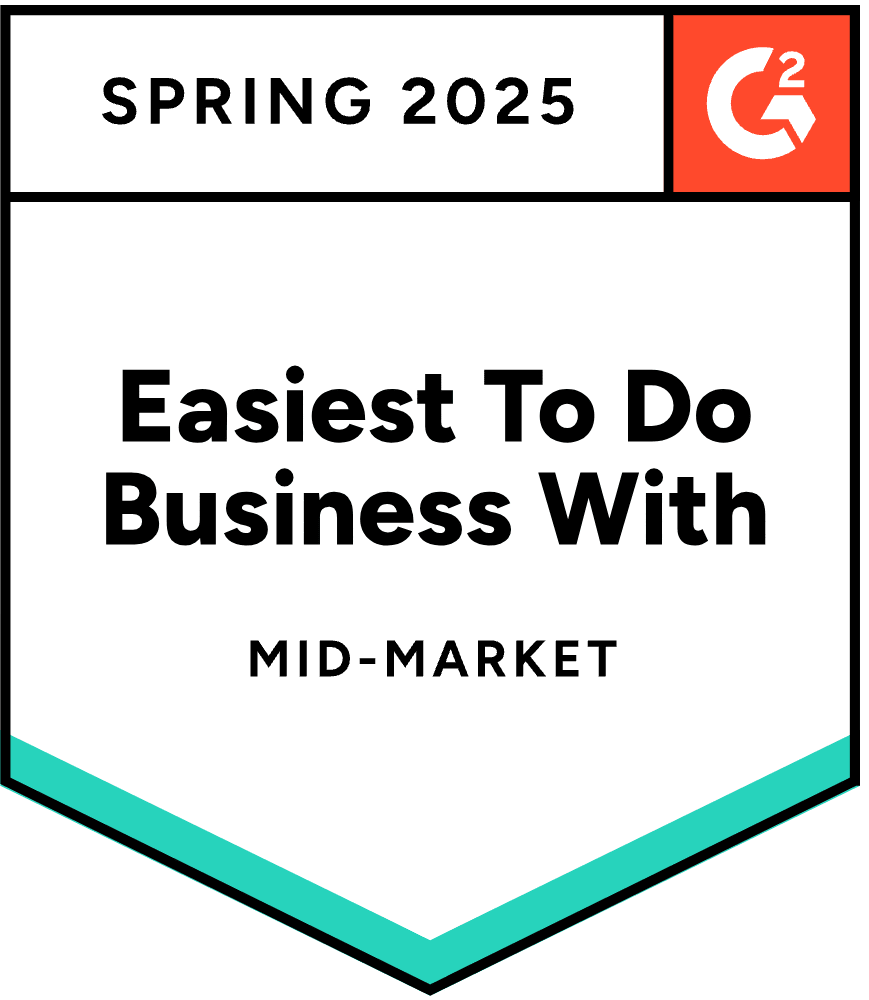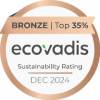What is Programmatic Job Advertising?

Programmatic job advertising is the use of technology for buying, placing (distributing), and optimizing job ads – and their associated budget – automatically across the Internet. It’s the application of a machine-driven, rules-based approach to buying recruitment advertising media that ensures the most relevant and effective use of budget. Here’s how.
Publishers: by selecting the ones (among hundreds or thousands) that will showcase your job ads to the most qualified and relevant job seekers cost-effectively – using data-driven decisions to eliminate human bias or error.
Timing: by targeting audiences precisely when they are most likely to see your job ads and convert quickly.
Costs: by setting the right bids and budget caps (by job, publisher, etc.) and advertising on the right channels, to maximize return on investment (ROI) and avoid both over- and under-spending.
Traffic: by setting caps to deliver the right volume of relevant, great-fit candidates for your jobs.
To summarize, programmatic job advertising ensures the most qualified job seekers are targeted with the most relevant job ads on the right channels, at the right time and cost. All of this translates into talent attraction with meaningful ROI.
The Essentials
There’s a lot of great info in this doc and questions you can borrow for your RFP, but we recognize it’s also on the longer side!
So here’s a quick checklist of the must-haves, in case you’re in a hurry.
About you
- Make sure you include a concise profile of our company’s presence, mission, vision, and jobs.
- Highlight any publishers you want integrated, and currencies in which you want media buying to be done.
Goals
- Outline your short-term and long-term hiring goals.
Job distribution and optimization
- Ask your solution provider about their publisher reach in the market(s) that you operate.
- Understand the levels of campaign segmentation and if AI or automation are used to target job seekers and manage/optimize campaigns.
- Enquire about the providers’ geolocation targeting capabilities.
- Understand if the solution provider can optimize your job content, and A/B test titles and descriptions.
Job application optimization
- Understand if the solution provider can optimize the job application process to improve conversions.
Support needs
- Are you looking for managed services or a self-serve platform?
- Ask solution providers to outline the support levels, service hours, and any associated costs. Detail managed services and onboarding training availability.
Current infrastructure and integration needs
- Which ATS do you use?
- Which recruitment channels do you use today? Which ones do you plan to use in the future?
- What are your integration needs with ATS and other platforms?
Budget
- Specifics by country and job type, with allocation expectations
Analytics and reporting
- Set expectations for analytics, reporting frequency, and key performance indicators.
- Understand if the solution provider can provide labor market insights and benchmarks.
Pricing and transparency
- Understand the pricing model, transparency of sources behind the exchange, and details on reinvestment of publisher commissions.
Compliance and security
- What are your privacy and infosec requirements? (GDPR, SOC2)
Timelines for response
- Key dates for the RFP process and contact details for responses and questions.
While the above is a great starting point, we strongly recommend checking out the detailed sections below! Now, read on for the full enchilada.
What Do Solution Providers Need to Know in Your RFP?
In the quest for an ideal partnership and exemplary results from your request for proposal (RFP), transparency and clarity are key. This not only helps potential vendors tailor their responses to match your requirements, but also ensures a more efficient and effective selection process.
Below, you’ll find an outline of the essential details that should be included in your RFP. This information includes various aspects of your company and its recruitment advertising needs, ranging from your organizational background to specific operational and compliance requirements. By communicating these elements clearly, you pave the way for a mutually beneficial relationship with your future programmatic job advertising partner!
Company background:
- Brief overview of your company, including market presence
- Your company’s mission, vision, and values
Objectives and goals:
- Will your campaigns be centralized or decentralized?
- Clearly define what you aim to achieve with programmatic job advertising
- Include both short-term and long-term marketing and job advertising goals
- What is your monthly and annual job volume projection?
- How many candidates do you intend to hire this year?
Target audience:
- Detailed description of your target audience (or your ideal candidate persona), including demographics, qualifications, and experience
- Any insights or data you have about your audience’s online behavior, such as which job sites or social channels have been successful in the past
Scope of work:
- Specific services and capabilities you are seeking, such as centralized media buying, job content optimization, geolocation targeting, and campaign automations
- Level of service required – full-service management, self-service platform, or hybrid
Current approach:
- What is your current cost per application or hire, sorted by job type?
- Which applicant tracking system (ATS) and other technologies are you currently using?
- Which job sites are you currently advertising your open roles on?
- What are your current key performance indicators (KPIs)?
- What kind of candidate data is accessible to you, and how is it being utilized?
Challenges:
- Do you have any current challenges in terms of diversifying your recruitment media spend, attracting qualified applicants, or high costs?
- Are you satisfied with the level of customer support or advisory you’re currently getting from your provider?
Budget:
- Provide a range or a specific budget for the programmatic campaign, ideally split by country and job type
- Include expectations regarding budget allocation and optimization
Data and analytics:
- Set expectations regarding analytics, reporting frequency, and specific KPIs to track
Application process:
- Provide an overview of your application process, including:
- Length
- Registration requirements
- Conversion rates from click to completed application
- Optimizations
- Link to a sample application
Integration requirements:
- Information about your ATS and integration requirements
- Needs for integration with other tools or platforms in your talent acquisition stack
Compliance and privacy:
- Outline any compliance requirements, especially related to data privacy (like GDPR, CCPA) or information security (like SOC2)
- Expectations regarding data handling, storage, and security
Timeline:
- Provide a timeline for the RFP process, including submission deadline, vendor presentation, client reference calls, decision date, and intended campaign launch date
- Mention any critical milestones or deadlines within the project scope
Contact information:
- Provide contact details for the person or team managing the RFP process
- Include information about the preferred format and method for responses
Questions for vendors:
- Include specific questions you want the vendors to answer in their proposal
- These could relate to their approach, technology, past experiences, or how they would tackle specific challenges
Key Questions to Ask Programmatic Job Advertising Solution Providers
Crafting the right questions for your RFP is pivotal. These questions will enable you to dive deep into the capabilities, compatibility, and expertise of potential providers, ensuring that they align with your specific needs and business objectives.
This section is designed to guide you through creating a comprehensive set of questions that cover various aspects of programmatic advertising. From job ad targeting options and segmentation capabilities to tracking, analytics, and reporting – each question is formulated to elicit detailed and insightful responses from vendors.
These questions will also explore the vendor’s ability to integrate with your existing systems, their approach to data privacy and security, and their overall service and support structure. By including these carefully thought-out questions in your RFP, you’ll get a clear understanding of each vendor’s strengths, weaknesses, and suitability for your project.
Onboarding
- Can you describe how you facilitate a smooth transition from our existing vendor to your system?
- What is the estimated amount of training required for users to effectively operate your platform?
- How quickly can a new team become fully operational and proficient with your platform?
- What types of supporting documentation and resources do you provide to assist users in navigating and utilizing your platform?
Support and platform maintenance
- Could you detail the extent of your support services, including the levels of support and available hours?
- Do you provide managed services, and can your team assist in the setup of campaigns?
- What is your standard process for implementing your platform for a new client?
- What range of technical support do you offer to your clients?
- Are there any charges associated with your support services, and if so, what are the pricing structures?
- Does your team have the capability to understand specific business requirements and provide consultative solutions?
- Do you offer onboarding training sessions to help new teams get acclimated with your platform?
Pricing and cost structure
- Can you outline your cost structure?
- Is your pricing model primarily based on a percentage of media spend, or do you offer a fixed fee option?
- Are there any minimum spending thresholds or contractual commitments that clients should be aware of?
- Do you return or reinvest publisher commissions in our campaigns?
Geographic suitability and global capabilities
- What jobs or publishers do you support in our target markets, countries X, Y, Z?
- Does your platform offer multi-language support and, if so, which languages are included?
- Is your platform equipped to handle transactions in multiple currencies? Please specify which currencies.
- Can teams distributed across various regions gain centralized access to data, ensuring consistent visibility regardless of geography?
- What plans do you have for expanding your market reach in the future?
Reach and targeting capabilities
- What range of online recruitment marketing channels does your platform support?
- What publishers do you support in our target markets, countries X, Y, Z?
- Is your platform equipped to purchase and manage media placements across a wide range of job boards?
- Can your platform effectively target both active and passive job seekers through channels like Google, social media platforms, and across the internet?
- Does the platform allow for the management of existing advertisement slots and duration-based postings within the same interface?
- Can your platform target candidates in specific geolocations and support expansions (adding new geographic locations) based on commute distance from the original job?
Campaign and budget management
- Does your platform have the capability to assign budgets and goals at varying levels, including individual campaigns, job groups, and specific job postings?
- Is your platform equipped to automate and optimize at the job level, including setting rules for expansions and bid/budget adjustments?
- Does your platform offer recommendations for publishers based on specific performance goals?
- Can you explain your bidding strategy and how you ensure cost-effective ad placement?
Comprehensive tracking and reporting features
- Can your platform provide detailed insights segmented by campaign, job group, and individual job level?
- Can your platform provide detailed KPIs regarding the ROI for various job boards and across the entire funnel from click to hire (including behind your ad exchange), such as the number of applications and hires per job board?
- Does your solution offer the capability to monitor metrics across diverse online sourcing channels, including search engines, organic searches, and social media, in a single platform?
- Can the platform specify the number of organic applications received for each job posting?
- What types of reports can be generated by your platform, and what customization options are available to segment and analyze the data? What is the lead time and frequency to deliver reports?
- Is the data from your platform downloadable, and in what formats is it available?
- Do you provide benchmarking data and share insights from your larger pool of market data?
Enhancing the job application experience
- What measures does your platform take to ensure a high converting job application experience?
- How does your platform contribute to increasing the number of applications and improving the click-to-apply conversion rate?
- Is your platform designed to optimize the application process seamlessly for all types of devices?
- Does your platform have the capability to re-engage and re-target job seekers who have started but not completed their applications?
Research and development, platform updates, and client references
- Could you provide the size of your research and development (R&D) team, and what proportion of your total workforce does this represent – specifically in terms of engineers and developers?
- When was the most recent feature added to your platform?
- How regularly do you roll out product updates and enhancements? Are these updates influenced by customer feedback, and are there any costs associated with them?
- What new features or developments can be expected in your product roadmap?
- Could you share details of some of your clients? Additionally, is it possible to contact a few of them to discuss their experiences with your platform?
Transparency
- Can you provide a detailed breakdown of costs, including any hidden fees or additional charges we should be aware of?
- How is billing handled for media buys, and can we access detailed invoices?
- Do you have any ownership ties or exclusive arrangements with specific publishers or suppliers that could affect our campaigns?
- What level of detail do you provide in performance reports?
- Are reports available in real-time, and can we access raw data for independent analysis?
- How do you ensure our ads are placed in brand-safe environments?
- Can we get insights into where our ads are being placed and the context in which they appear?
- What measures do you have in place to prevent ad fraud and ensure traffic quality?
- How do you identify and filter out non-human traffic or fraudulent activities?
- Are there any potential conflicts of interest we should be aware of in your service delivery?
- How transparent are you about the algorithms or decision-making processes used in campaign optimization?
- How much control do we have over making adjustments to our campaigns?
- Can we opt out of certain publishers or types of inventory if needed?
- Do you provide visibility into KPIs per job board, including boards that are behind the exchange?
Compatibility
- Is your platform compatible with our ATS provider (X)? How does the platform collect data from an ATS or CRM? Does it use tags, pixels, API, or a different data collection method?
- Can you share capabilities of your integration APIs?
- Can the platform track quick or easy applies from various sites?
- Can the platform operate internationally where the use of pixels, cookies, or tags is banned or tightly controlled?
- Can the platform work with job sites and other sources of candidates that have varying business models (postings, slots, performance) and technology (feeds/XML, APIs, etc)?
- Do you have in-house technical capabilities to manage customization, if required?
Privacy and security
- Where will services be performed and data processed (including hosting, backup, maintenance, support)?
- Who are the sub processors involved, their locations, and data processing locations?
- What are your policies regarding user consent and data tracking?
- Will you use employee personal data for your own purposes (like marketing)?
- How do you ensure compliance with data protection and privacy laws (like GDPR, CCPA)?
- Do you have privacy by design policy or certifications (e.g., ISO/IEC)?
- Have you appointed a DPO? If not, why?
- Do you maintain a register of personal data processing? What details are recorded?
- How do you ensure data privacy with third parties?
- Do you have a data retention policy and how is it implemented?
- Do you conduct regular privacy training for employees?
- How do you engage senior management in data protection?
- Are employees required to follow data privacy policies?
- What encryption and data subject request management procedures do you have?
- Do you have a data breach response plan and data deletion process?
- Do you have a cookie management policy and how is it implemented?
- Does the platform meet our internal security requirements? (to be shared, per your organizations protocols)
- Does the collection, assessment, and delivery of candidate data comply with all privacy laws?
- Does your platform rely on cookies to track metrics?
- Are independent audit reports available?
Conclusion
From the initial stages of understanding company-specific requirements to the intricacies of vendor capabilities and transparency, every aspect of this process is crucial! The questions and topics covered here are designed to guide you in conducting a thorough evaluation, helping you make sure that your chosen vendor not only aligns with your immediate needs, but is also a strategic fit for your organization in the long run.
From company backgrounds, objectives, and target audiences to more specific aspects such as campaign and budget management, performance insights and reporting, support levels, and pricing structures, we’ve left no stone unturned. The transparency questions, in particular, are meant to peel back layers of vendor operations, revealing their practices and policies in detail, so you get the best possible picture of vendor capabilities, ethics, and business practices.
As you proceed with your RFP process, remember that the goal is not only to find a vendor with the right technical capabilities but also one that offers you true partnership, transparency, and shared growth. The journey towards selecting a programmatic job advertising partner should be as much about building a lasting relationship as it is about meeting immediate job advertising needs.
Good luck in your search for the perfect programmatic job advertising partner. May your choice lead to successful recruiting campaigns and a fruitful collaboration! And if you have any questions along the way, we’d love to hear from you.
